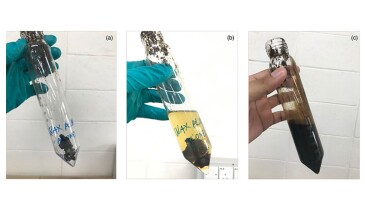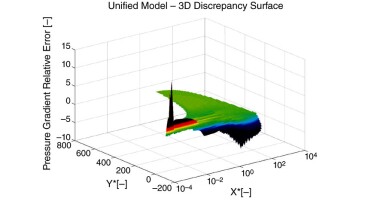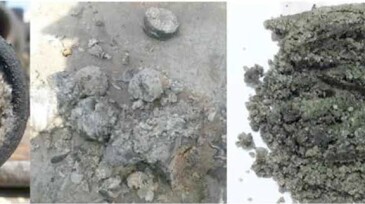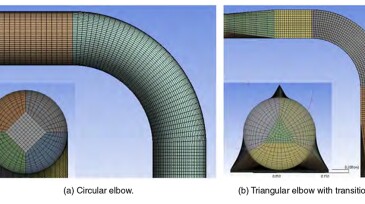Flow assurance
The authors challenge the traditional planning and execution of interventions, both from an operational and commercial standpoint, and examine where room exists for significant improvement in the industry
To avoid costly interventions like sidetracking or wellbore abandonment, a check-valve system was installed near the sandface within three injector wells which prevented the mobilization of fines from the reservoir into the wellbore by stopping backflow.
Sponsored
Smart completions using autonomous outflow control devices significantly helped in improving reservoir management and increasing oil and gas field productivity by enhancing the injection wells' performance.
-
This paper highlights a thermodynamic modeling approach used to determine the optimal depth for installation of a wax-inhibition tool.
-
This paper describes the evaluation of a recently developed robust solid dissolver that can dissolve multiple types of scale simultaneously.
-
This year has seen a focus on gas development projects and the energy transition. Flow assurance plays an interesting role in this area. Even though the attention has been on the energy transition, where gas development is concerned, the production processes through which gas is produced cannot be ignored. Thus, flow-assurance issues remain prevalent today, and an ana…
-
In this paper, the authors present data analyses to comprehensively evaluate the performance of a steady-state multiphase-flow point model in predicting high-pressure, near-horizontal data from independent experiments.
-
This paper describes treatment of deep gas wells experiencing halite deposition by installation of a velocity string that creates synergy between gas-well deliquefication and halite management.
-
Texas A&M University-Qatar in collaboration with the SPE Qatar Section conducted a 2-day virtual workshop on flow assurance, carbon reduction, and digitalization. Participants included more than 200 professionals associated with academia, research institutes, and industry from 23 countries.
-
Over 1,000 hours of remotely monitored continuous production was achieved on an unmanned platform—a first for standalone offshore solids management in the North Sea.
-
The authors of this paper discuss a biosurfactant treatment that offers an economical method for remediation of formation damage caused by high-molecular-weight paraffin wax deposition in porous media.
-
This paper presents a survey of air/water and air/water/sand flow through circular and triangular pipes to study potential effects of triangular pipe geometry.
-
The authors of this paper discuss a robust omniphobic surface treatment material shown to significantly reduce the adhesion of flow-assurance solids.
Page 1 of 13













